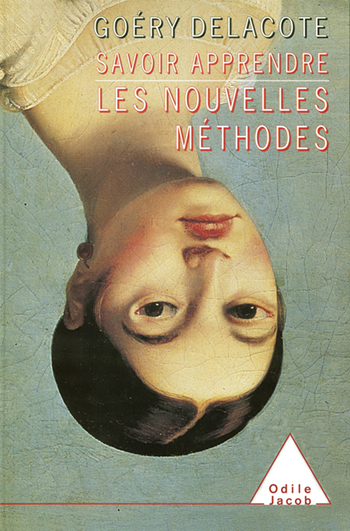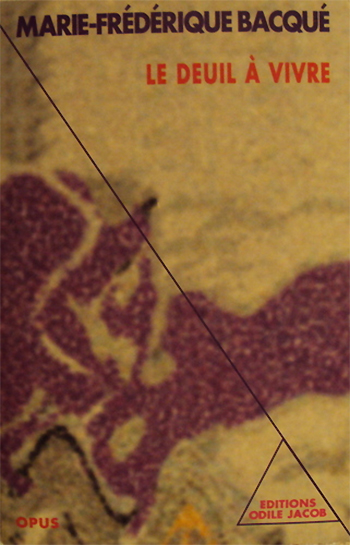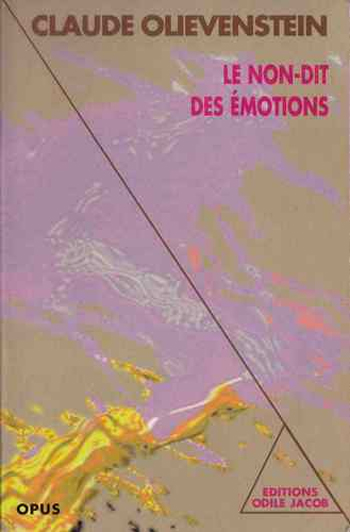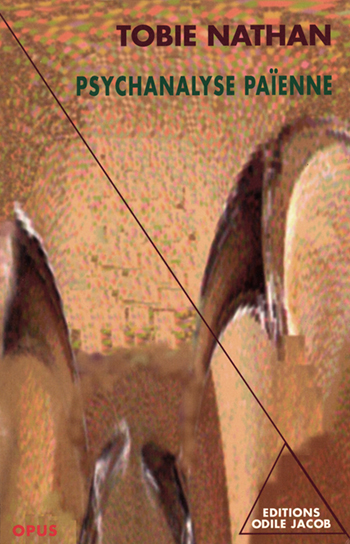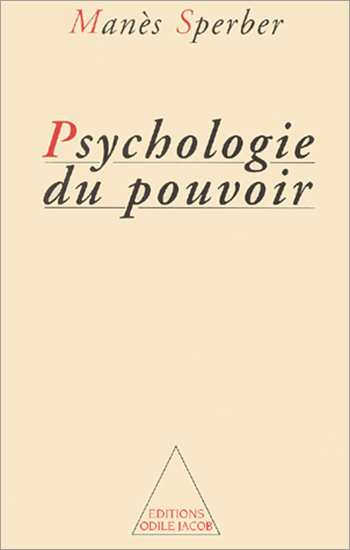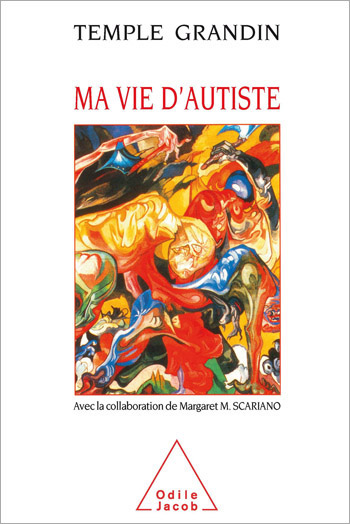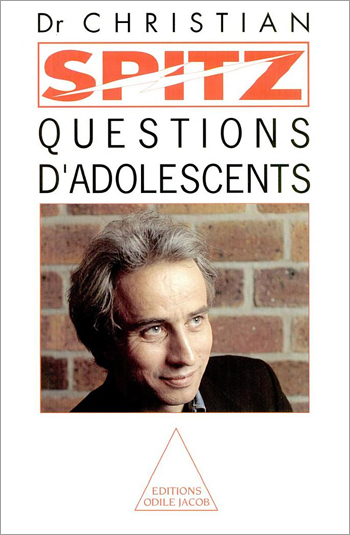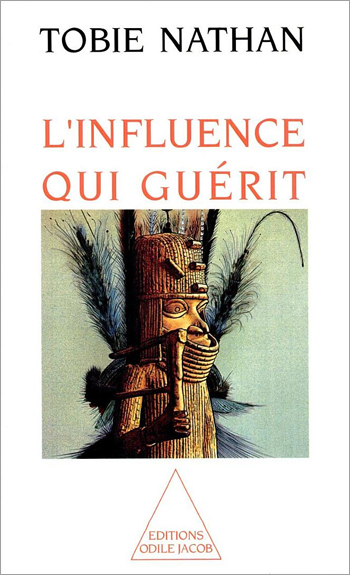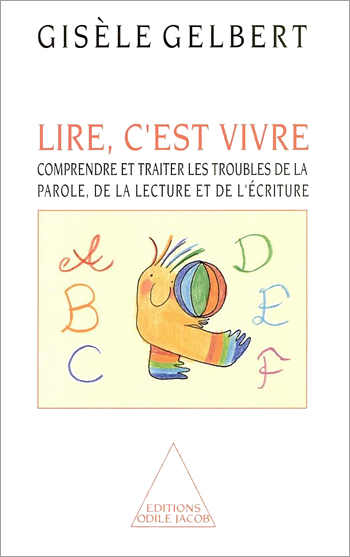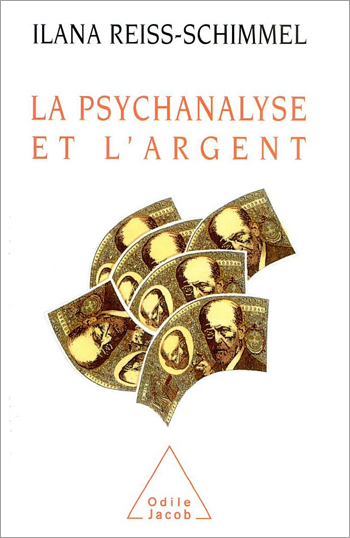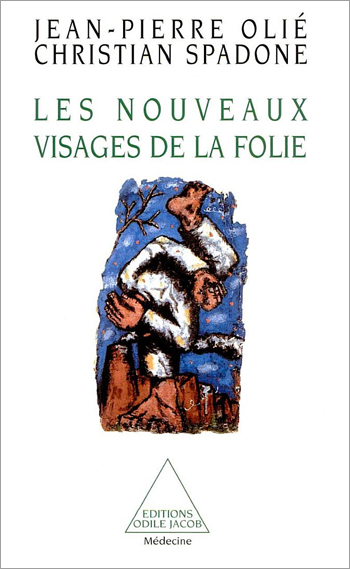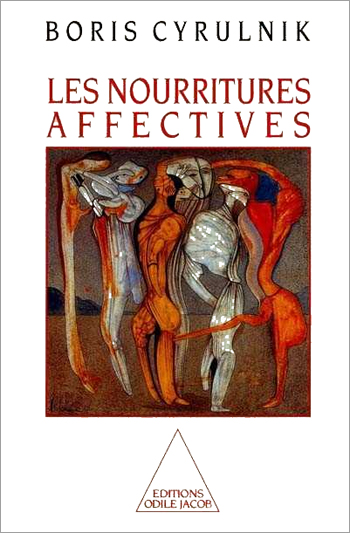Psychology All books
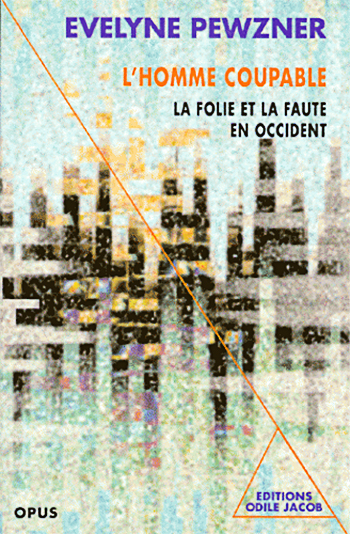
Évelyne Pewzner
The Guilt of Man (Coll. Opus) Fault and Insanity in the West
Why is the obsessive horrified by a tiny stain ? Why does the depressive relentlessly search for a redemptive punishment ? When human behaviour translates the suffering and helplessness of an individual confronted with anguish and solitude to the collapse of that being, to a retreat inside a strange inner world, to the loss of all that which anchors him to life, it is not enough, in order to understand him, to connect up the events of his life. It is also necessary to situate that individual in the wider scale of cultural indictations, which play a determining role in the formation of the personality. In this way, Évelyne Pewzner undertakes to show in what sense, Western Christianity, which is intrinsically linked to the problem of evil, leaves in each of us an imprint of distress. Évelyne Pewzner is a psychiatrist, and a professor of psychopathology at the University of Picardie.

Nathalie Zajde
The Children of the Survivors (New Edition) The Transmission of Trauma to Jewish Children
"I have terrible nightmares and I would like to know if other children of survivors have the same dreams as me. I think it is crazy to have never lived through the war, yet have these extremely precise dreams." In Jewish families, why do the children of those who escaped Nazi extermination often have the same dreams as their parents, even though their parents have never spoke about the traumas which they lived through ? Reinforced by cleverly recounted stories, this book describes precisely what is called the survivors syndrome, an illness which manifests itself through nightmares, feelings of intense terror and desertion, a particular and incurable annoyance, recurring memories, and unfounded fears. It demonstrates that, thanks to the techniques of ethno- psychiatry, it is possible for these children of survivors to take back their place among the living. Clinical psychologist, and master of conference at the University Paris VIII, Nathalie Zajde is also a researcher at the Georges Devereux Centre.
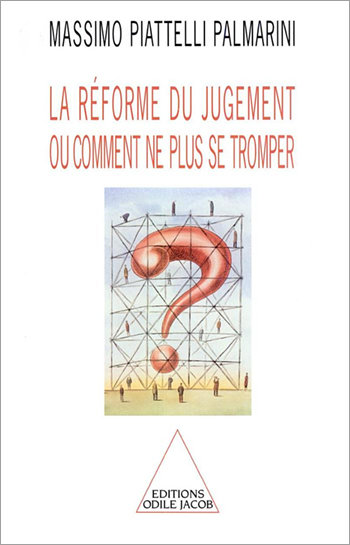
Massimo Piattelli Palmarini
Retraining Judgement How to avoid fooling yourself
How can we reason more effectively ? Everyday, we solve countless problems and take decisions by trusting our intuition, our common sense. Often, it is not only our passions, our emotions that lead us astray, it is the mind itself which tricks us, without us even being aware of it. How can we avoid these traps ? By driving out into the open, with the help of Massimo Piattelli Palmarini, the natural illusions and unconscious mechanisms which occupy our minds, and by working to help our judgement in the same way as psychoanalysis works to improve our emotional lives.
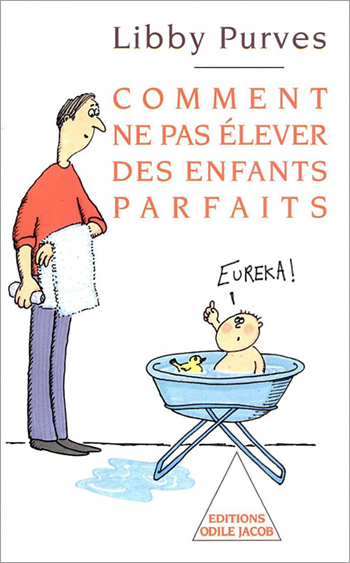
Libby Purves
How Not to Raise Perfect Children
All parents want to raise exceptional children : well-balanced, healthy, clean behind the ears and gifted for everything...
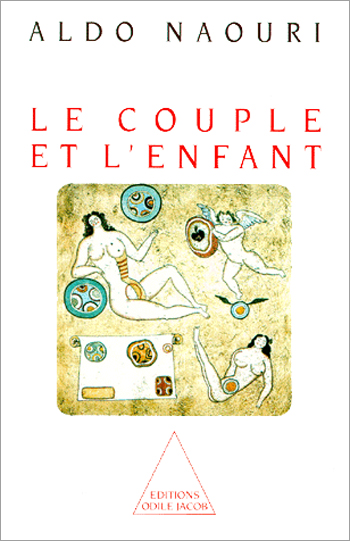
Aldo Naouri
The Couple and the Child
With a first birth, a woman naturally becomes a mother, and, in principle, a man becomes a father...
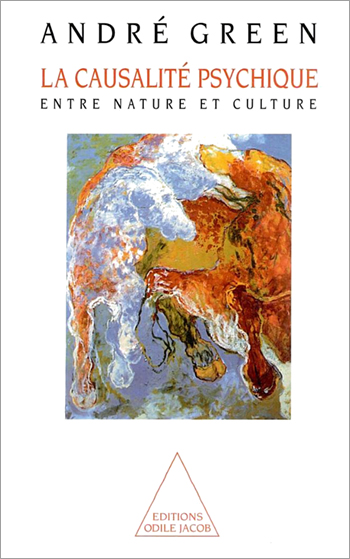
André Green
The Psychic Causality Between Nature and Culture
Without reprieve, we hear of the agony of psychoanalysis. On one hand, neuroscience and the cognitive sciences reduce the psyche to a sum of 'natural' phenomenon. On the other hand, the social sciences see it as an ensemble of 'cultural' process. In this point-by-point discussion of the issues in this debate, and drawing upon his extensive clinical experience as his main resource, André Green shows that the human psyche is the result of a double determinism, both natural and cultural. It emerges as an original and autonomous creation, and that is exactly what forms the specificity of psychoanalysis. Andre Green is a psychoanalyst and the President of the Psychoanalytic Society of Paris.
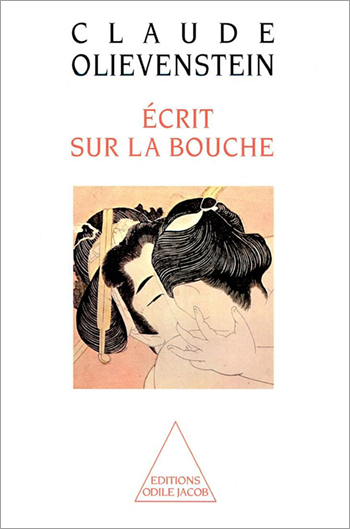
Claude Olievenstein
Written in the Mouth
"The mouth is beautiful. Everything starts with the mouth, from the first scream to the first sucking, from the first love kiss to the last farewell kiss. It is possible to view it only as an obscure hole or a devouring machine. It becomes more difficult when, from the labial to the short syllabe, it shapes itself as an instrument for language or music. Then, new questions are raised, especially regarding its relation to the cerebral systems." Claude Olievenstein
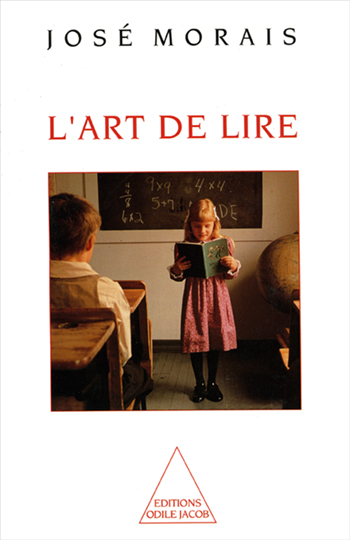
José Moraïs
The Art of Reading
José Moraïs analyzes the different methods with which we learn to read and presents the various therapeutic possibilities offered to those who do not master the art of reading .
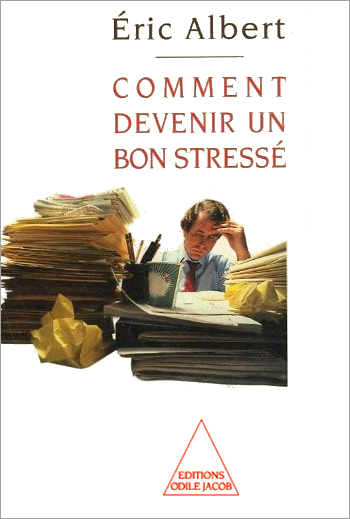
Éric Albert
How to Use Stress to Your Advantage
Stress, which is a product of our busy and agitated societies, does not necessarily occupy our private life. For many of us, stress is part of our professional life. What should we do in order to work better? How is it possible to put into place working and relational methods which favour efficiency and dynamism without exerting undue pressure? How can we avoid falling apart ? Éric Albert, a psychiatrist, explains what we know of stress today and moreover gives us facts which can help us analyze the way we work and how we can improve what can be improved.
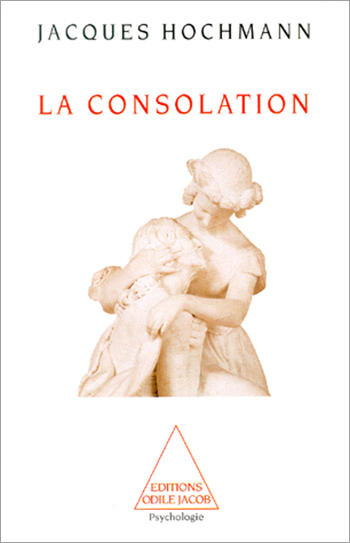
Jacques Hochmann
Consolation An Essay on Mental Care
This is the testimony of a psychiatrist who reconsiders some of the fundamental texts of his practice, of a psychoanalyst who reflects upon the role and the limits of hospitals and institutions, of a doctor who never ceased asking himself what curing madness meant.

Libby Purves
How Not to be a Perfect Mother
Are you one of those perfect mothers or are you a real mother? Perfect mothers always smile, always have immaculate homes, never raise their voices....
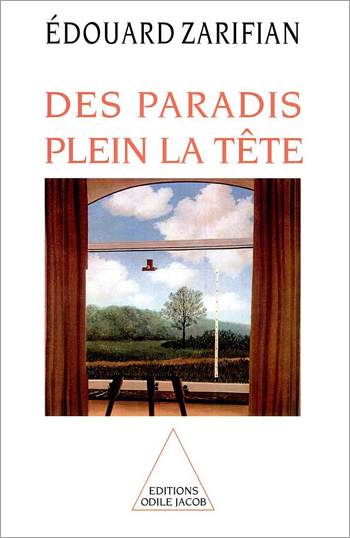
Édouard Zarifian
The True Paradises in Your Head
Nowadays, we are not entitled to be sad without being told: this is a disease . Consequences: instead of receiving love and friendship, the distressed person receives a medicine which deepens his solitude. Édouard Zarifian, a well-know psychiatrist, argues against the abuse of psychotropes in prescriptions and warns us against a society ready to normalize emotions.
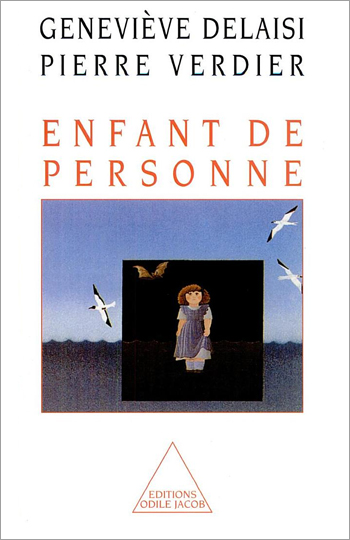
Geneviève Delaisi de Parseval, Pierre Verdier
Nobody's Child
Adoption and medically assisted procreations reflect the same suffering and ask the same questions. In both cases, the institution, in the name of a mistaken conception of filiation, weighs upon the children's head with an absolute secrecy as to its biological origins. The authors show in this book the consequences this secrecy has upon the psychology of children and parents.
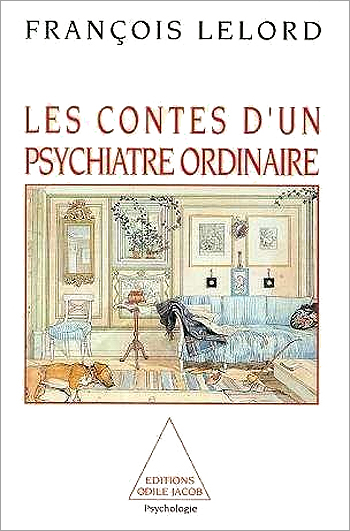
François Lelord
The Tales of an Ordinary Psychiatrist
Visiting a psychiatrist is still a frightening prospect. Taboos surround psychological illnesses and psychiatry is viewed with suspicion. Using true cases as examples, F. Lelord presents the expressions and mechanisms of various psychological problems: stress, agoraphobia, depression, bulimia, anorexia, schizophrenia, autism... With each case we dive further into the psyche, and emerge with an honest assessment of the pluses and minuses of psychiatric treatment.
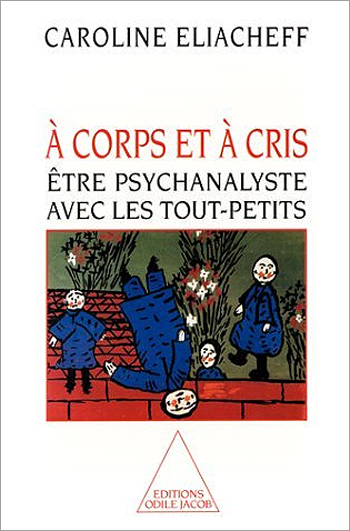
Caroline Eliacheff
À corps et à cris How to psychoanalyse young children
Oliver, Zoe, Mathias and the others are children of grief. They barely speak. They have faced innumerable trials: unknown mothers, abandon, adoption, even separation from imprisoned parents. Traditional medicine allows them to survive, but cannot teach them to live. Is there a solution? This book attempts to reach these neglected children and, through words, to heal. Caroline Eliacheff is a psychoanalyst who counts among her published works Les Indomptables, written in conjunction with Ginette Raimbault.

